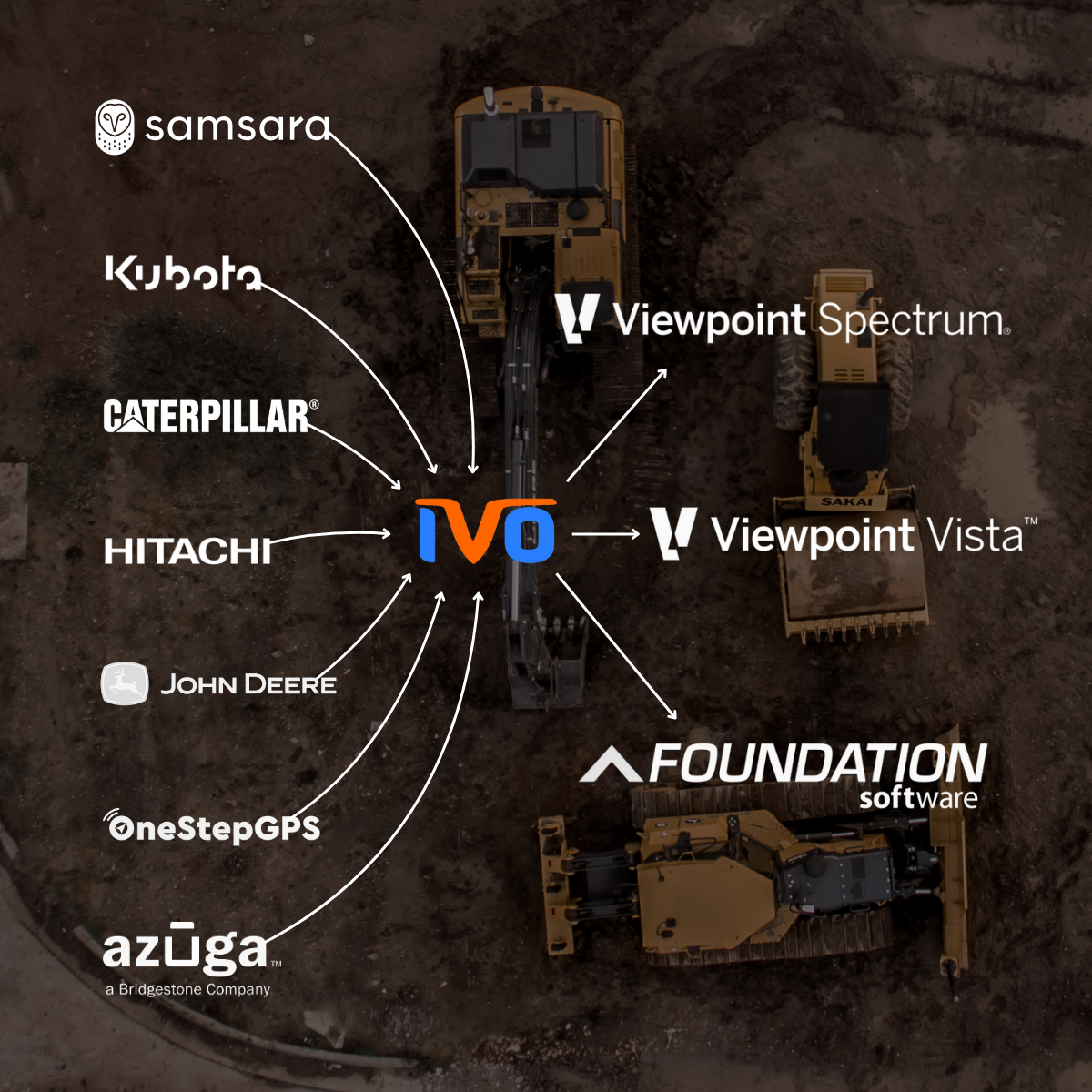Maintenance is a common buzzword that is heard in the construction industry. Keeping up with preventative maintenance and other work orders is preached and practiced by most construction companies who are successful, and for good reason. In this article, we will look at why it is good practice to keep up with your maintenance duties.
Performance and Reliability: The first reason you should keep records and perform maintenance on your heavy equipment is for the performance and reliability in the field. Performance and reliability of your equipment is critical when working on a job site. By keeping proper records, you know how much life certain pieces of equipment have left, and when they will need a round of preventive maintenance. Keeping your equipment up and running will make sure you are profitable. Obtaining a rental on short notice, due to unplanned downtime, is an exceedingly difficult and stressful process. Make sure your equipment is well maintained so these problems don’t arise.
Resale Value: If you decide it’s time to sell your equipment, no matter what the reason, having proper and organized maintenance records is extremely important for resale value. It is a general rule that keeping proper maintenance records can increase your resale value by up to 10%. Buyers who see that a piece of equipment is kept up to date on preventative maintenance and other types of repairs, are more likely to trust your work and purchase your equipment. If you’re selling because you want to reorganize your fleet, allocate capital differently, or for any other reason, keep records so your hard work taking care of your equipment is rewarded.
Safety and Compliance: Safety is always important on construction sites. You do not want your workers to be in an environment that could be dangerous and potentially get somebody hurt. Keeping these records is also important in the case of safety audits whether it be MSHA, or your insurance company. Having pre and post inspection documentation, along with completing routine preventative maintenance can save headaches in multiple ways: physically most importantly, but also legally.
Warranty and Insurance Claims: Keeping records for warranties and insurance claims can be vitally important for cost optimization and savings, especially when a piece of equipment is not produced to the manufacturer’s standard. If you can show that you kept up with the proper maintenance and repairs needed for the piece of equipment within a certain time period, you may be able to get your money back by filing a claim. You can only prove what you have electronic records for.
Results: Keeping meticulous maintenance records for your heavy equipment is a game-changer in the construction industry. From ensuring top-notch performance and reliability, to prioritizing the safety of your workers, these records are a vital asset. They not only save you money through warranty and insurance claims, but also boost your equipment's resale value, gaining buyer trust. So, remember, taking the time to keep proper records is a small effort that yields significant benefits in terms of efficiency, safety, and the overall success in managing your heavy equipment fleet.



